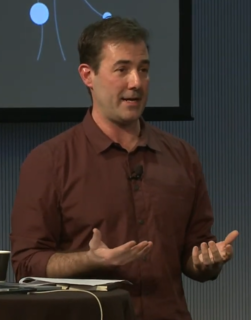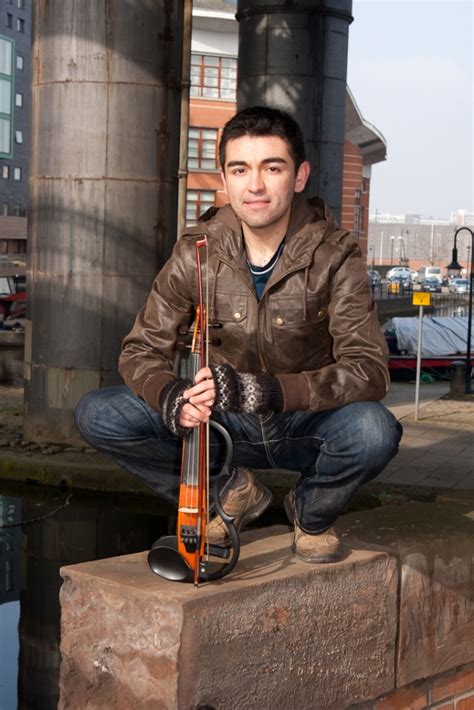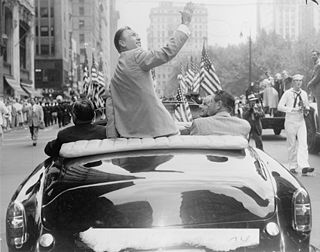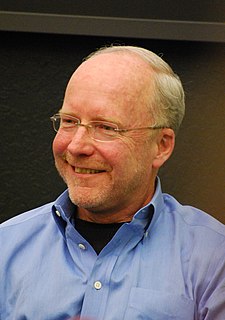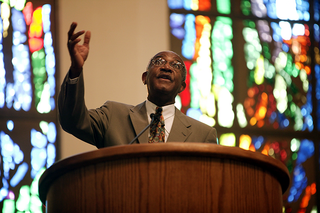A Quote by Naveen Jain
Experts are able to identify patterns related to a specific problem relevant to their area of knowledge. But because nonexperts lack that base of knowledge, they are forced to rely more on their brain's ability for abstraction rather than specificity.
Related Quotes
These algorithms, which I'll call public relevance algorithms, are-by the very same mathematical procedures-producing and certifying knowledge. The algorithmic assessment of information, then, represents a particular knowledge logic, one built on specific presumptions about what knowledge is and how one should identify its most relevant components. That we are now turning to algorithms to identify what we need to know is as momentous as having relied on credentialed experts, the scientific method, common sense, or the word of God.
It [knowledge] is clearly related to information, which we can now measure; and an economist especially is tempted to regard knowledge as a kind of capital structure, corresponding to information as an income flow. Knowledge, that is to say, is some kind of improbable structure or stock made up essentially of patterns - that is, improbable arrangements, and the more improbable the arrangements, we might suppose, the more knowledge there is.
What being among the 'right people' entails is the possession of human capital, rather than organizational capital: an individual reputation, portable skills, and network connections. Career responsibility is squarely in the hands of individuals, a function of their knowledge and networks. Transferable knowledge is more important to a career than firm-specific knowledge.
And if there be any addition to knowledge, it is rather a new knowledge than a greater knowledge; rather a singularity in a desire of proposing something that was not knownat all beforethananimproving, anadvancing, a multiplying of former inceptions; and by that means, no knowledge comes to be perfect.
This is our dilemma--either to taste and not to know or to know and not to taste--or, more strictly, to lack one kind of knowledge because we are in an experience or to lack another kind because we are outside it. [. . .] Of this tragic dilemma myth is the partial solution. In the enjoyment of a great myth we come nearest to experiencing as a concrete what can otherwise be understood only as an abstraction.
People are much more likely to act on their self-percepts of efficacy inferred from many sources of information rather than rely primarily on visceral cues. This is not surprising because self knowledge based on information about one's coping skills, past accomplishments, and social comparison is considerably more indicative of capability than the indefinite stirrings of the viscera
First, my people must be taught the knowledge of self. Then and only then will they be able to under-stand others and that which surrounds them. Anyone who does not have a knowledge of self is considered a victim of either amnesia or unconsciousness and is not very competent. The lack of knowledge of self is a prevailing condition among my people here in America. Gaining the knowledge of self makes us unite into a great unity. Knowledge of self makes you take on the great virtue of learning.

